Reviewed by Julianne Ngirngir
Understanding atrial fibrillation can feel overwhelming, especially when your Galaxy Watch 8 starts throwing around terms like "irregular heart rhythm." But here's the kicker: Samsung's newest Preventative Care features aren't just fancy tech—they're potentially life-saving tools that can spot heart issues before you even feel them.
What you need to know: • Atrial fibrillation affects 33.5 million people worldwide, with up to one-third remaining completely asymptomatic • Galaxy Watch 8's AI-powered detection achieves 93.7% sensitivity and 98.2% specificity for irregular rhythms • The new BioActive sensor is 30% more accurate than previous models with enhanced LED technology • Real users are catching life-threatening conditions they never felt coming
Why your wrist just became the most important real estate for your heart
The Galaxy Watch 8's Preventative Care suite represents a fundamental shift from "wait and see" to "catch and act." Samsung's completely reengineered BioActive sensor now packs blue, yellow, violet, and ultraviolet LEDs alongside enhanced green, red, and infrared options—think of it as upgrading from a flashlight to a medical-grade spectrometer on your wrist.
What makes this particularly compelling is the watch's new Vascular Load feature, which monitors stress on your cardiovascular system during sleep. Here's why nighttime monitoring is crucial: Hospital studies found that atrial fibrillation detection was 1.3 times higher during nighttime compared to daytime. This nighttime advantage is why the Galaxy Watch 8's sleep-focused monitoring becomes critical—it's actively scanning during your most vulnerable hours when traditional symptoms are absent and you're not consciously monitoring your body.
The Galaxy Watch 8 Classic takes this further, becoming the first smartwatch to measure ectopic beats—those irregular heartbeats that signal serious arrhythmias before they become emergencies. Combined with dual-frequency GPS for precise location tracking, you're essentially wearing a mini cardiac unit that knows exactly where you are when something goes wrong.
Real-world impact: when smartwatches actually save lives
Here's where theory meets stark reality. One Galaxy Watch user discovered atrial fibrillation through the ECG function despite feeling completely fine—his heart rate showed 145bpm in the upper chambers while the lower chambers beat at 75bpm. The scary part? Hospital tests not only confirmed the watch's accuracy but revealed his condition had worsened beyond the initial reading, meaning delayed detection could have been fatal.
This personal story connects to broader medical breakthroughs happening right now. Clinical studies are exploring AI-ECG technology using smartwatch data to predict heart failure rehospitalizations within 90 days—essentially giving doctors a 3-month early warning system. Research involving 755 participants showed AI-ECG models using smartwatch data achieved an area under the receiver-operating characteristic curve of 0.93 for detecting left ventricular systolic dysfunction. What this means for you: the same sensors tracking your daily jog could predict whether you'll need emergency heart treatment next month.
The Galaxy Watch 8's Irregular Heart Rhythm Notification runs continuously in the background, using the BioActive sensor to detect patterns suggestive of atrial fibrillation. When Samsung's rollout in India alerts users to consecutive irregular measurements, it prompts immediate ECG recording for confirmation—transforming a silent killer into an early intervention opportunity.
The bigger picture: preventative care that actually prevents
Samsung's vision extends beyond simple detection to comprehensive preventative wellness, and honestly, some of it feels like science fiction becoming reality. The Antioxidant Index feature measures carotenoid levels in just five seconds—essentially giving you insight into how well your body is handling oxidative stress and biological aging. Clinical trials at Samsung Seoul Hospital established baseline data, though the feature carries clear disclaimers about not being intended for medical diagnosis.
Here's where it gets interesting for your heart health: Samsung's expanded Privileged Health SDK program enables partnerships with healthcare platforms like Biofourmis for remote patient monitoring and Medical AI for advanced ECG services. Think of it as your smartwatch becoming the front door to an entire ecosystem of preventative care—your daily readings feed directly into systems that can spot trouble before you feel it.
The new Running Coach feature analyzes your performance data after just a 12-minute run, categorizes your fitness on a 10-level scale, and generates customized training programs lasting three to five weeks. But this isn't just about faster mile times—Samsung's approach focuses on injury prevention through proper pacing and real-time feedback, crucial for preventing exercise-induced cardiac stress that could trigger underlying heart conditions.
Your next move: making the most of preventative care
The Galaxy Watch 8 starts at $349.99 for the 40mm model, while the Classic version with ectopic beat detection costs $499.99. Cool, but not cheap-cool when you're talking about potentially preventing a stroke. Battery life runs around 30-40 hours depending on usage—the always-on display impacts longevity, but think about it this way: that's continuous heart monitoring for nearly two days straight.
PRO TIP: Understanding these tools as early warning systems, not diagnostic devices, is crucial. Studies show smartwatch accuracy for AF detection varies between 43-63% compared to medical-grade ECGs, while devices like KardiaLive achieve 70-80% accuracy. But here's the real value: the Galaxy Watch 8 provides continuous monitoring that catches irregularities you'd never feel—like that user whose life was saved by a routine ECG reading that revealed a potentially fatal condition.
Set up your Irregular Heart Rhythm Notifications immediately. Enable Vascular Load tracking during sleep. Most importantly, don't ignore what you're seeing on that screen. Samsung's Preventative Care isn't just about collecting data—it's about giving you actionable information before problems become emergencies.
Let's be blunt: heart disease remains a leading killer, and most people discover they have a problem only after something goes seriously wrong. Having a cardiologist on your wrist isn't just convenient—it might just save your life. The question isn't whether you can afford a Galaxy Watch 8, but whether you can afford not to have this level of preventative monitoring when it could catch the silent killer before it strikes.




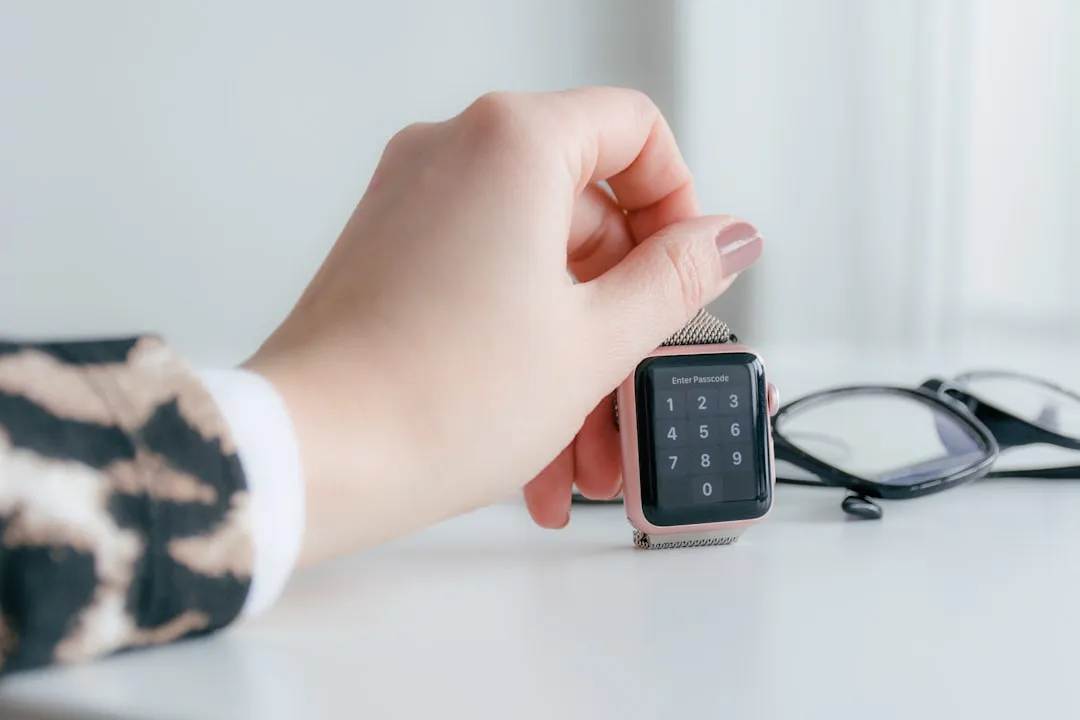

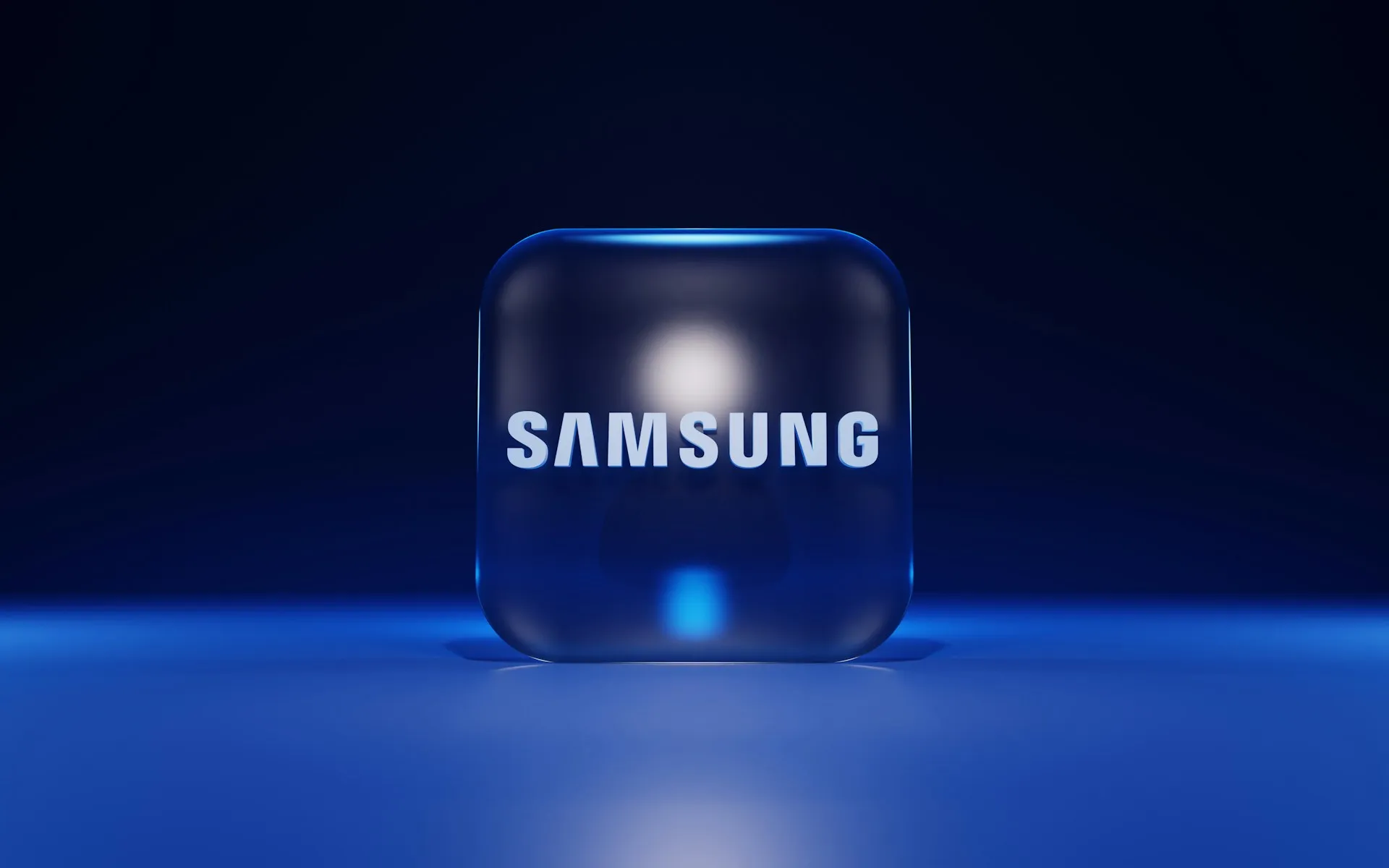
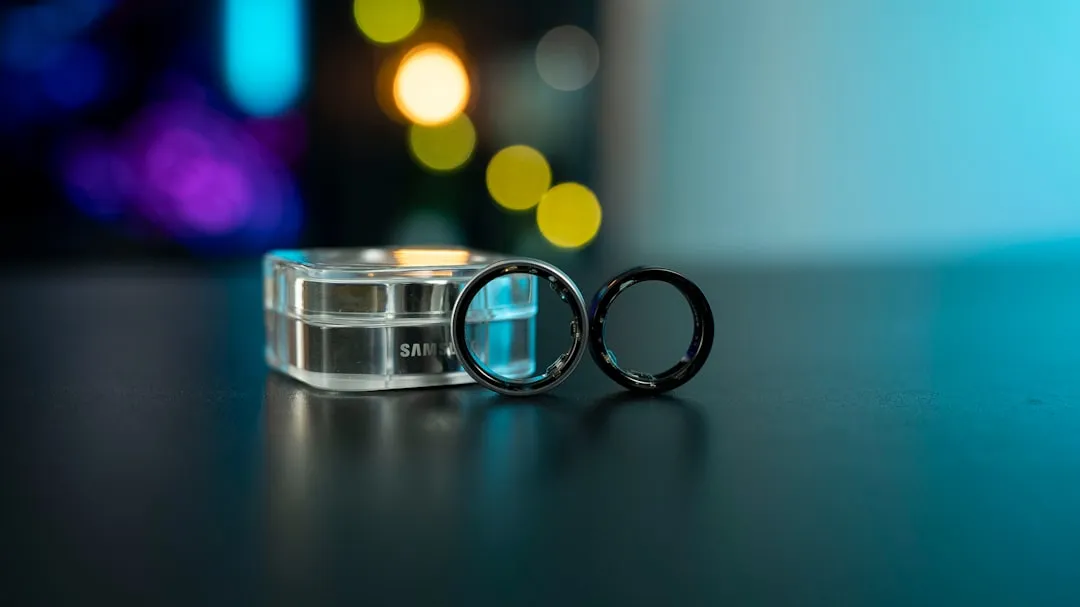

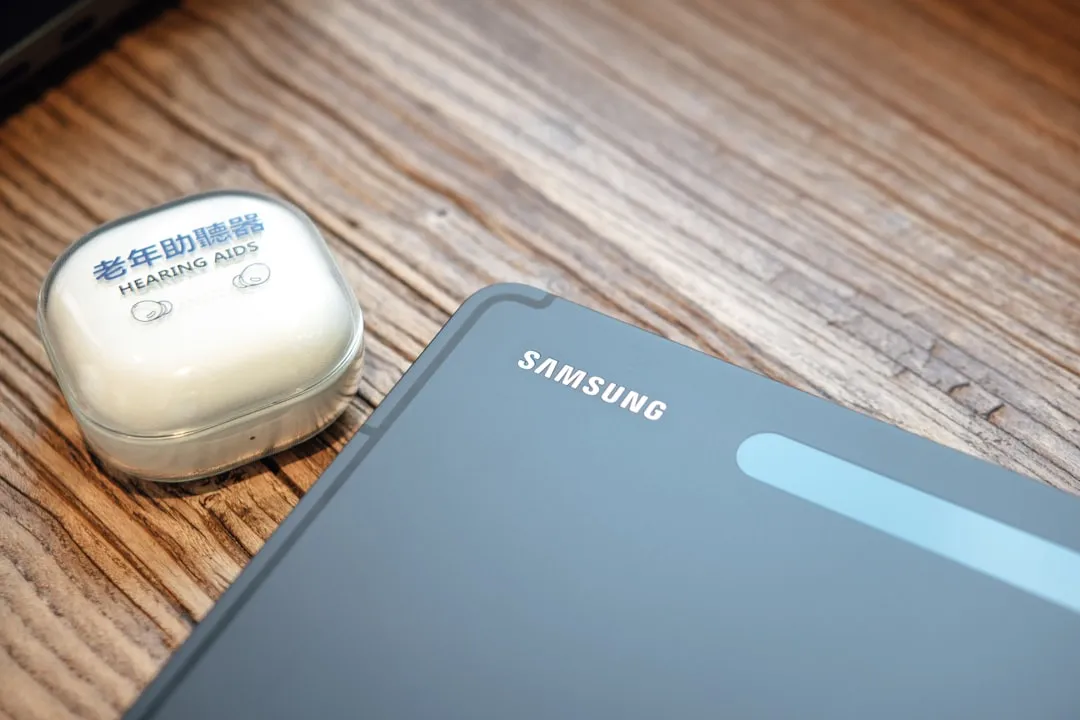
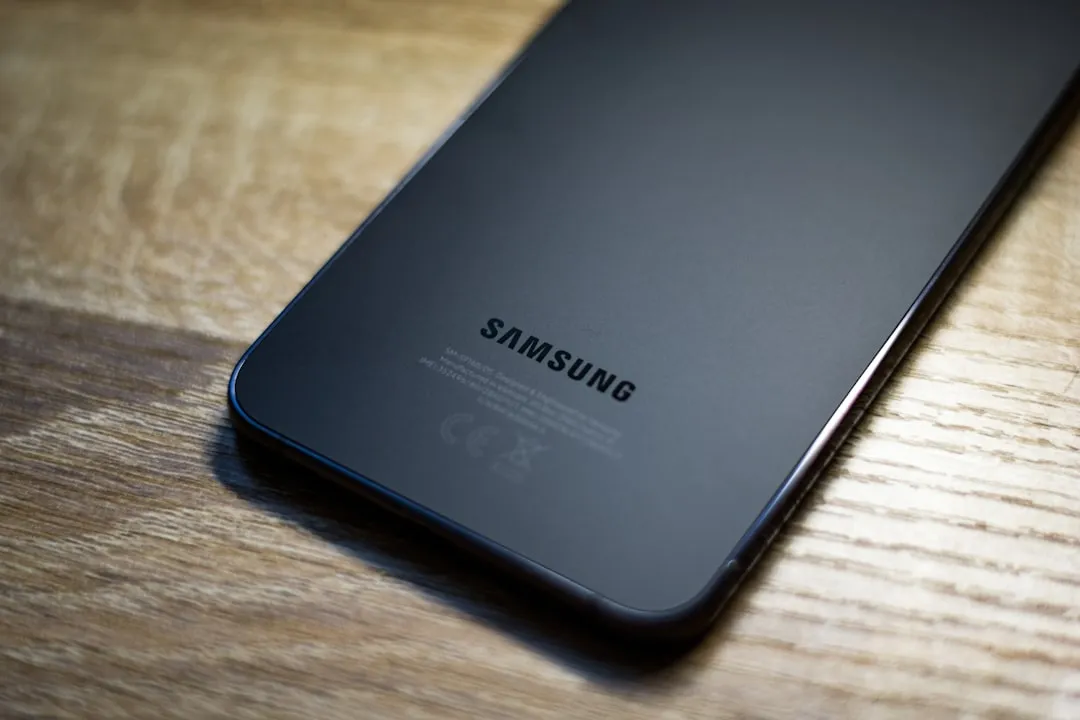
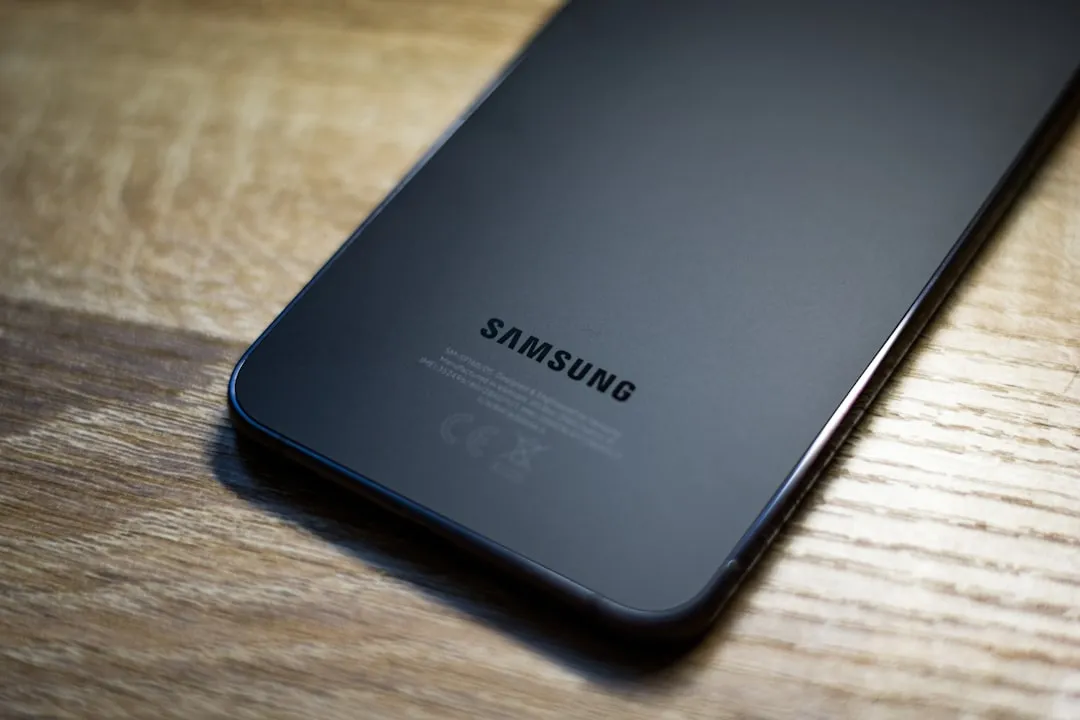




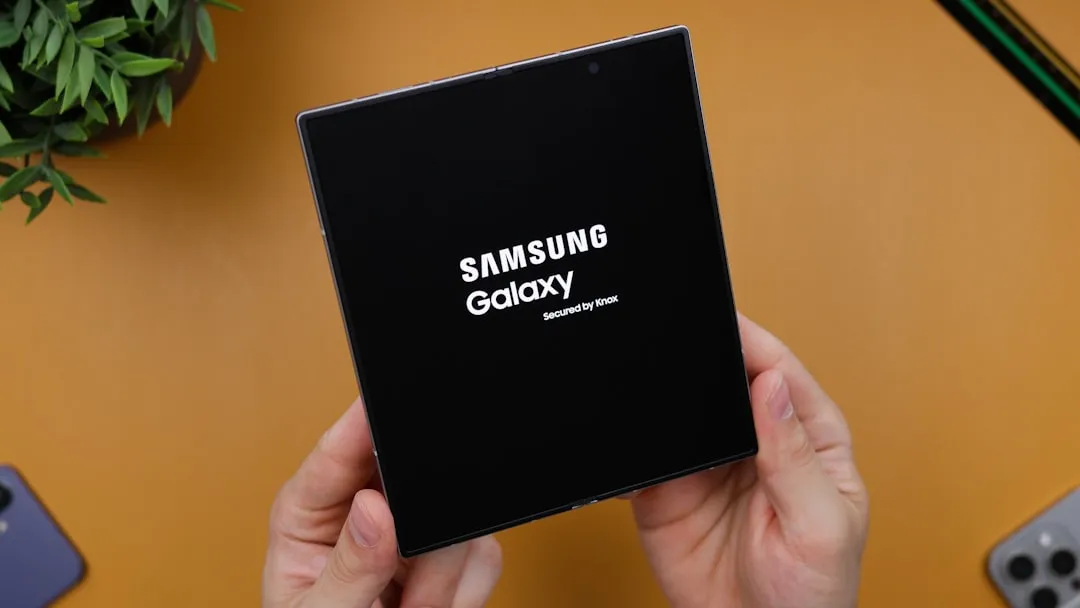

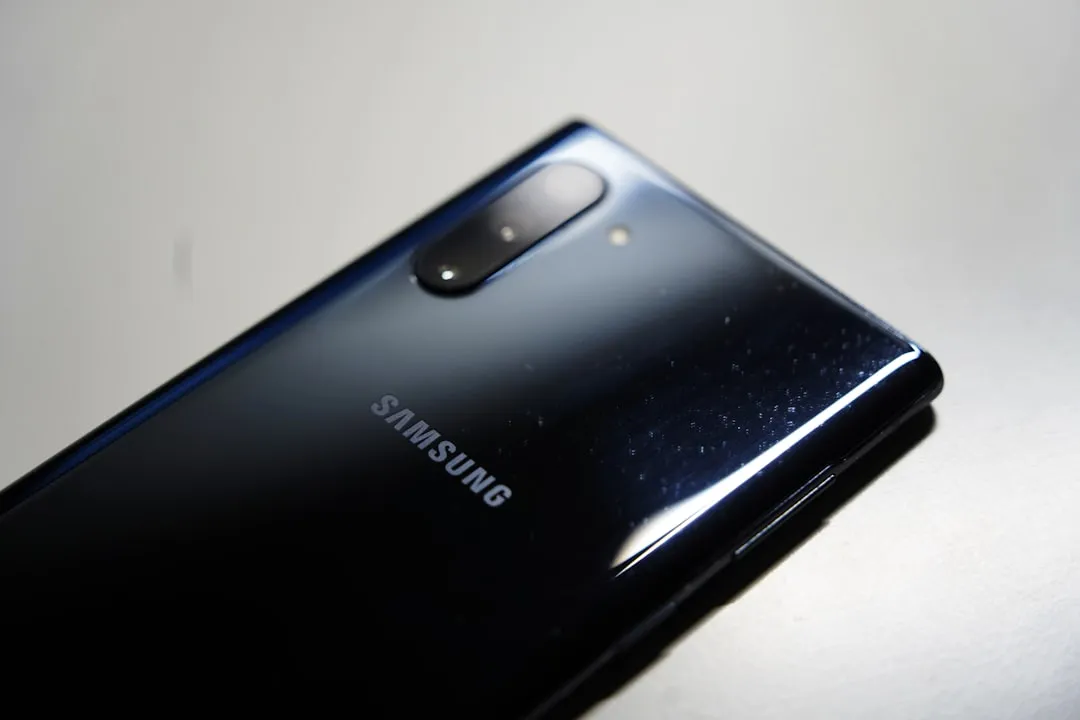
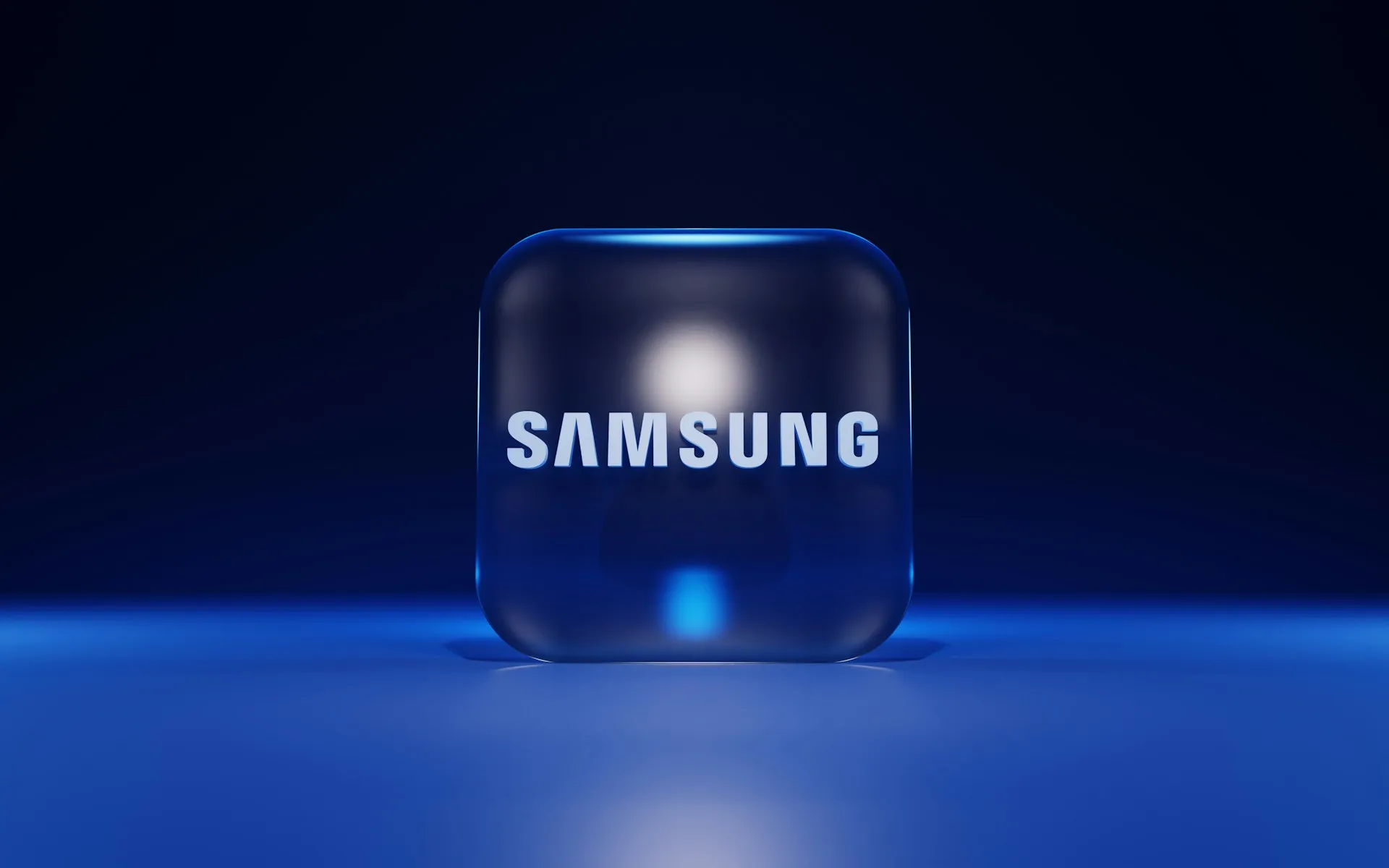
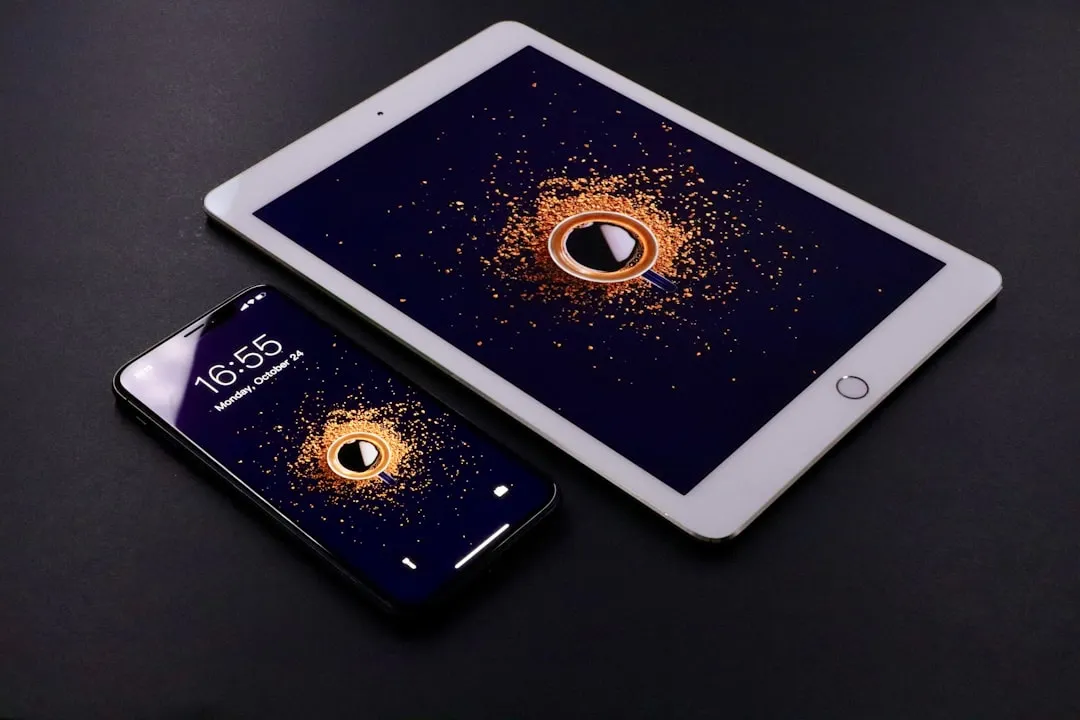
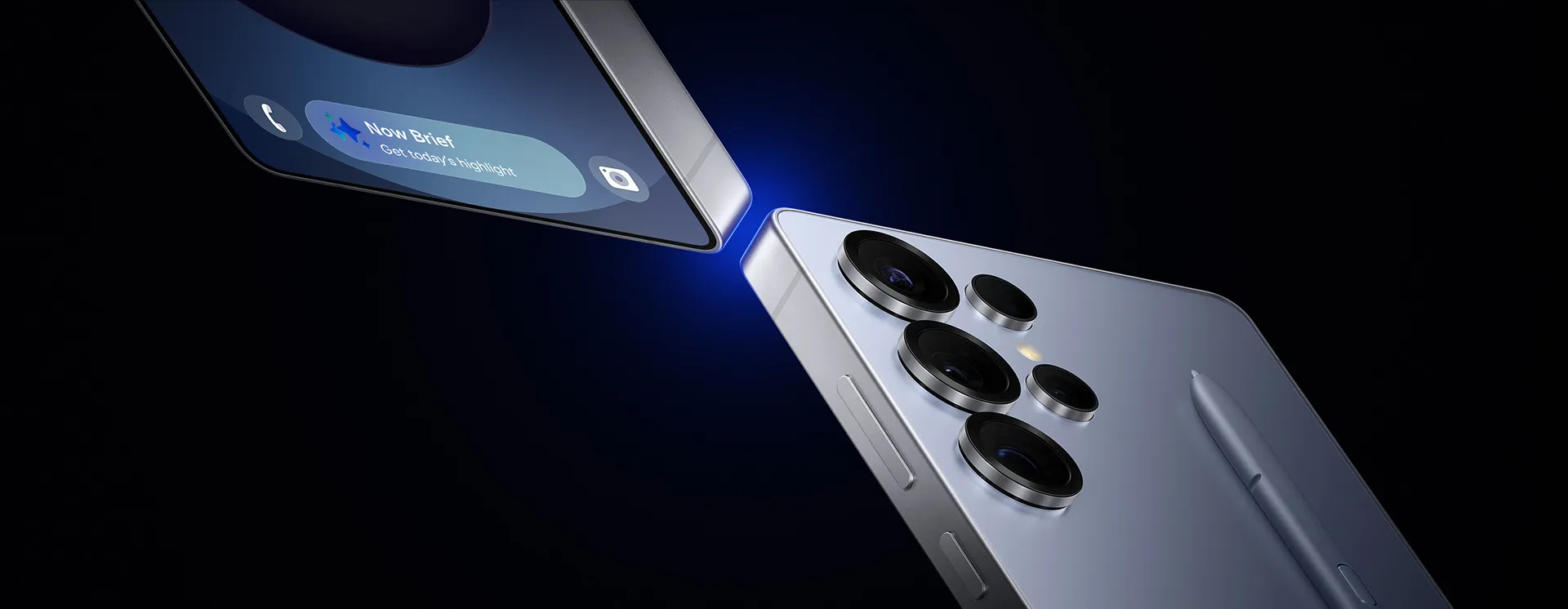

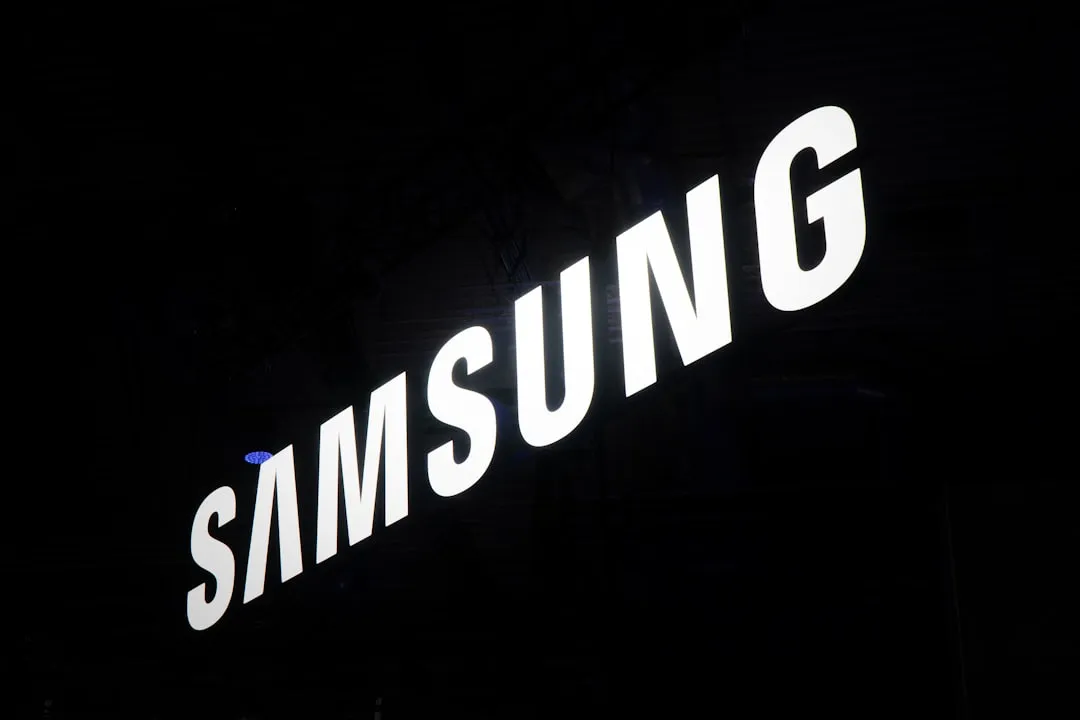

Comments
Be the first, drop a comment!